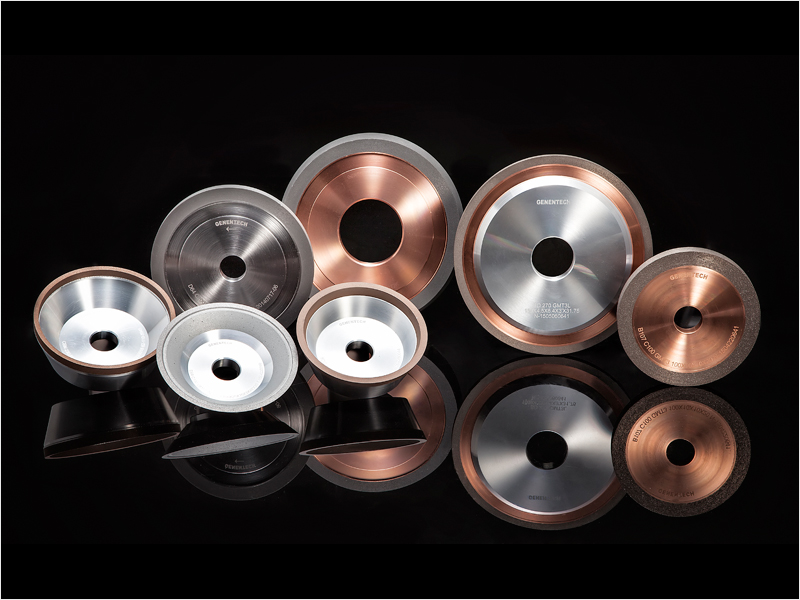
Image Source: Google
The grinding industry has seen significant advancements over the years with the introduction of new technologies and materials that aim to improve performance and efficiency. One of the latest innovations in grinding technology is the development of hybrid wheels that are designed to provide enhanced performance in various grinding applications. These hybrid wheels combine the benefits of both conventional grinding wheels and superabrasive wheels, resulting in a versatile and efficient tool that is poised to revolutionize the future of grinding.
Conventional grinding wheels are typically made from abrasive materials such as aluminum oxide or silicon carbide. While these wheels are effective for general purpose grinding tasks, they have limitations when it comes to grinding hard materials or achieving high precision finishes. On the other hand, superabrasive wheels, such as diamond or cubic boron nitride (CBN) wheels, offer superior performance in terms of cutting speed and longevity. However, they tend to be more expensive and may not be suitable for all grinding applications.
Hybrid wheels bridge the gap between conventional grinding wheels and superabrasive wheels by incorporating elements of both types of wheels. These innovative wheels feature a hybrid bond system that combines the strength and wear resistance of conventional abrasives with the cutting efficiency and precision of superabrasives. The result is a wheel that is capable of grinding a wide range of materials, from soft metals to hardened steels, with improved performance and consistency.
One of the key advantages of hybrid wheels is their versatility. These wheels can be used for a variety of grinding applications, including surface grinding, cylindrical grinding, and tool sharpening. They are ideal for industries such as aerospace, automotive, and tool manufacturing, where precision and efficiency are paramount. Hybrid wheels are also well-suited for grinding exotic materials such as composites, ceramics, and hardened steels, where conventional wheels may struggle to maintain sharpness and accuracy.
In addition to their versatility, hybrid wheels offer enhanced performance in terms of cutting speed and material removal rate. The hybrid bond system allows for more aggressive grinding, resulting in faster stock removal and reduced cycle times. This increased efficiency not only improves productivity but also helps to reduce operating costs by minimizing tool wear and downtime.
Another benefit of hybrid wheels is their ability to produce superior surface finishes. The hybrid bond system provides excellent wheel trueness and profile retention, resulting in smooth and consistent finishes on workpieces. This is especially beneficial for applications that require high precision and surface quality, such as grinding precision components for the medical or aerospace industries.
Furthermore, hybrid wheels offer improved thermal stability, which helps to reduce the risk of thermal damage to the workpiece. The hybrid bond system dissipates heat more effectively than conventional wheels, allowing for higher grinding speeds and longer wheel life. This enhanced thermal stability also contributes to improved process control and repeatability, ensuring consistent results from one grinding operation to the next.
As the grinding industry continues to evolve, hybrid wheels are poised to play a significant role in shaping the future of grinding technology. Their combination of versatility, performance, and efficiency make them a valuable tool for a wide range of grinding applications. Whether you are grinding soft metals or hardened steels, hybrid wheels offer a cost-effective solution that delivers superior results and a competitive edge in today's fast-paced manufacturing environment.
In conclusion, hybrid wheels represent the next generation of grinding technology, offering enhanced performance and efficiency for a variety of grinding applications. With their unique combination of conventional abrasives and superabrasives, hybrid wheels provide versatility, speed, and precision that are unmatched by traditional grinding wheels. As industries continue to demand higher quality and productivity, hybrid wheels are sure to become the go-to choice for manufacturers looking to stay ahead of the curve in the ever-evolving world of grinding.